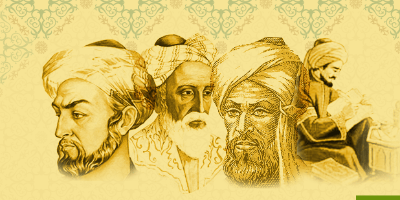17 marzo 1406 anni - Ibn Khaldūn
Descrizione:
Ibn Khaldun (/ˈɪbən kælˈduːn/; Arabic: أبو زيد عبد الرحمن بن محمد بن خلدون الحضرمي, Abū Zayd ‘Abd ar-Raḥmān ibn Muḥammad ibn Khaldūn al-Ḥaḍramī; 27 May 1332 – 17 March 1406) was an Arab[10] sociologist, philosopher and historian who has been described as the precursive founder of the proto-disciplines[13][14] that would become historiography, sociology, economics, and demography. Niccolò Machiavelli of the Renaissance, Georg Wilhelm Friedrich Hegel and 19th-century European scholars widely acknowledged the significance of his works and considered Ibn Khaldun to be one of the greatest philosophers of the Middle Ages.His best-known book, the Muqaddimah or Prolegomena ("Introduction"), which he wrote in six months as he states in his autobiography,[17] influenced 17th-century Ottoman historians such as Kâtip Çelebi, Ahmed Cevdet Pasha and Mustafa Naima, who used its theories to analyze the growth and decline of the Ottoman Empire.[18] Ibn Khaldun interacted with Tamerlane, the founder of the Timurid Empire.
Aggiunto al nastro di tempo:
Data:
17 marzo 1406 anni
Adesso
~ 620 years ago
